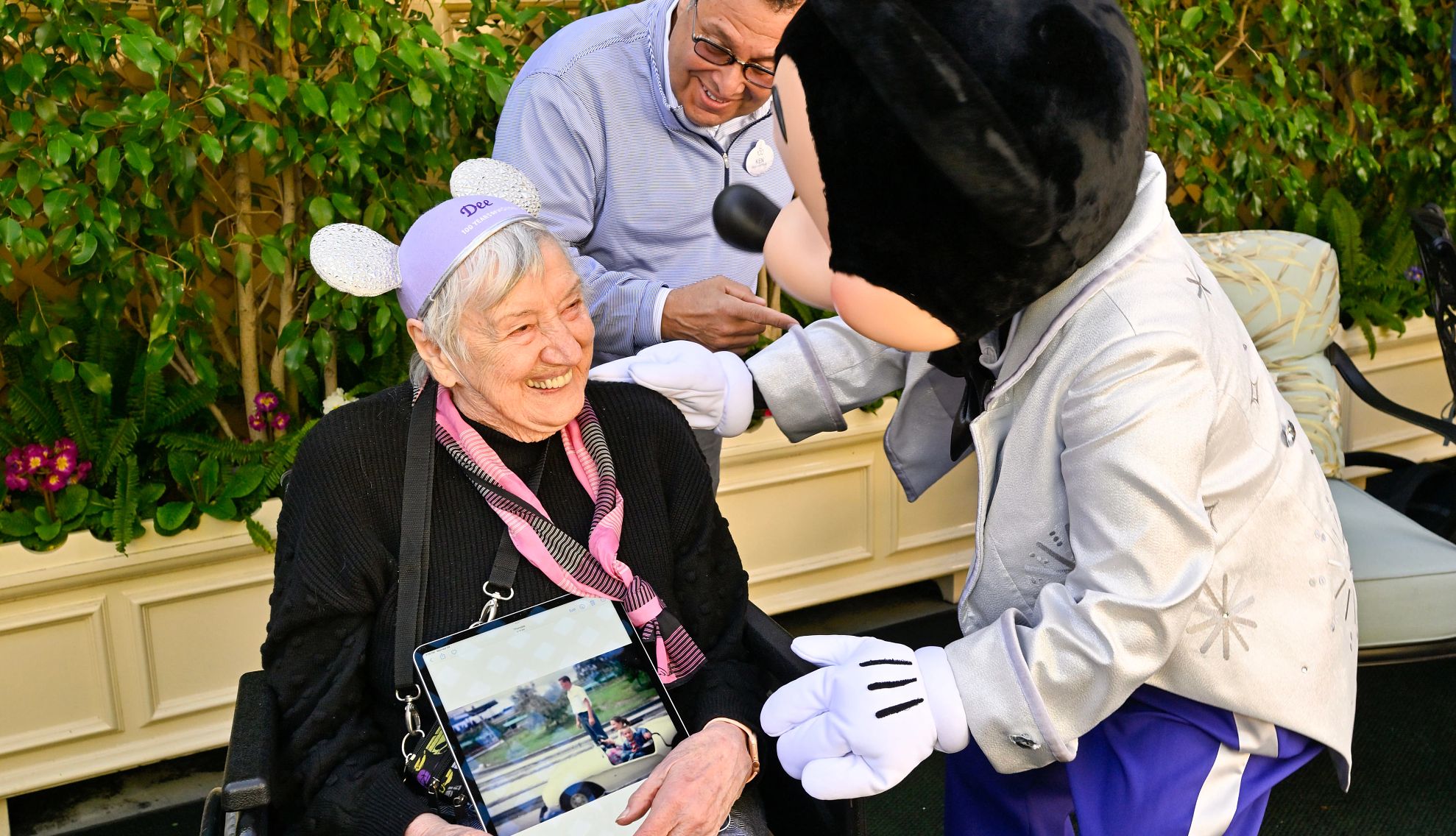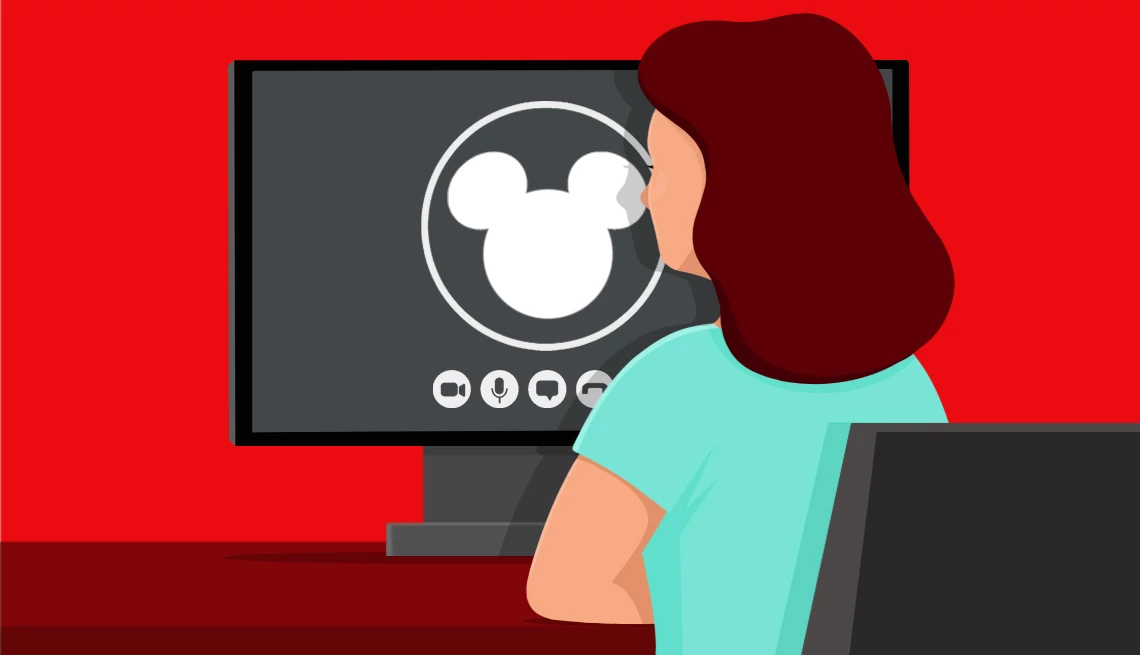AARP Hearing Center
If you or someone you’re traveling with has a disability, there are a few changes happening at Disney parks you may want to know.
Disney is updating its Disability Access Service (DAS) program on May 20 at Walt Disney World Resort in Orlando, Florida, and June 18 at Disneyland Resort in Anaheim, California.
DAS provides special accommodations for people with developmental disorders, such as autism, who are unable to wait in long lines for rides. Visitors approved for DAS essentially skip waiting in the physical line and can explore other attractions at the park before returning to the ride at their designated time.
A Disney spokesperson says DAS has become the most requested accommodation in its theme parks with usage tripling in the past five years. The steep rise in people using the service prompted executives to look at the policy and make changes to avoid misuse of the program.
Previously, customers could request the service in person at the park or online through a videoconference. Now, Disney says people must apply through videoconference — either two to 30 days before their visit, or by meeting on the day of their visit with a Disney staff member. The staff member will then set up a videoconference on a computer tablet outside the entrance. During video chats, the person applying for DAS will meet with a trained Disney employee with the assistance of health professionals from an outside group, Inspire Health Alliance.
In addition to DAS, Disney will continue to offer other services for people with other disabilities, including mobility problems, deafness and hearing loss, and blindness and low vision.


More than 1 in 10 travelers 50 and older require accommodations for a disability, according to the AARP 2024 Travel Trends report. If you think you qualify for DAS, apply early, says Becky Gandillon, coauthor of The Unofficial Guide to Walt Disney World 2025. “Absolutely set up a call before you go to the park.” She anticipates those applying at the park will find long lines waiting for a videoconference to get approval.
Park experts say the DAS policy change is long overdue because it had been abused. “Things had to change,” says Len Testa, owner of Touring Plans and coauthor with Gandillon of the Unofficial guide.
He says he was recently visiting the park with family and overheard two parents talking about how to get access for their children even though they didn’t qualify. “When guests are telling guests how to game the system, the system is broken.”
Other theme parks offer similar programs tailored to people with disabilities. For example, before visiting the parks, Six Flags and Universal Studios require guests to register online for their special accommodations, Individual Accessibility Cards (IAC). Check park websites for details as they may vary per location. At Sea World, the Ride Accessibility Program (RAP) offers guests accommodations such as alternative entrances and options for guests who are unable to wait in lines.






























































